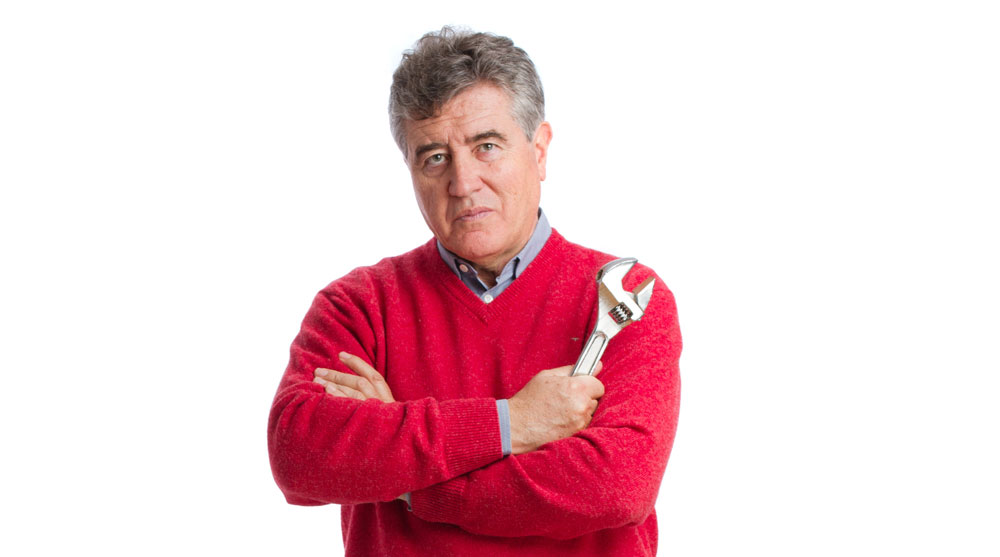
Urinary incontinence in layman’s term simply means urine leakage. This usually occurs by accident without the affected person being aware of the urge to void urine; they only realize after voiding has occurred. Although urinary incontinence can occur at any age and affect any sex, it is usually more common in the elderly, with women more affected than men.
Causes of Urinary Incontinence
Urinary incontinence can be caused by several reasons such as infections, medications, and constipation. In older adults, their immune system doesn’t work as well as it used to due to aging and this makes them prone to vaginal infections and urinary tract infections.
Other causes of urinary incontinence in older people are:
- Arthritis
- Weak pelvic floor muscles
- Weak or Overactive bladder muscles
- Compression of the urinary bladder caused by prostate gland enlargement in men
- Bladder nerve damage in diseases such as diabetes mellitus, multiple sclerosis, and Parkinson’s disease
- Pelvic organ prolapsed
Types of Urinary Incontinence
Functional Incontinence
Functional incontinence is the most common type of urinary incontinence in older people who have normal bladder function. The problem in functional incontinence has nothing to do with the person’s control of the bladder but instead functional disorders of motility as a result of arthritis or other conditions that impair mobility.
Urge Incontinence
Urge incontinence occurs when people have a sudden urge to void the bladder, and they cannot hold their urine long enough to get to the toilet. This type of incontinence is seen in patients who suffer from stroke, diabetes mellitus, multiple sclerosis and Parkinson’s disease.
Stress Incontinence
Stress incontinence is the most common type of incontinence in young and middle age women; usually begins around menopause. It is provoked by conditions or situations that cause pressure to be applied on the urinary bladder some of which include: coughing, sneezing, physical activity and heavy lifting.
Overflow Incontinence
Overflow continence can be caused by enlarged prostate glands in men, diabetes mellitus, and spinal cord trauma. It is characterized by leakage of small amounts of urine from a full bladder.
Relationship between Alzheimer’s disease and Urinary Incontinence
Treatment of Urinary Incontinence
Urinary incontinence can be treated and managed by adhering to the doctor’s prescription. The doctor may prescribe any of the following treatment options:
- Bladder training
- Timed voiding
- Nerve stimulation
- Surgery






